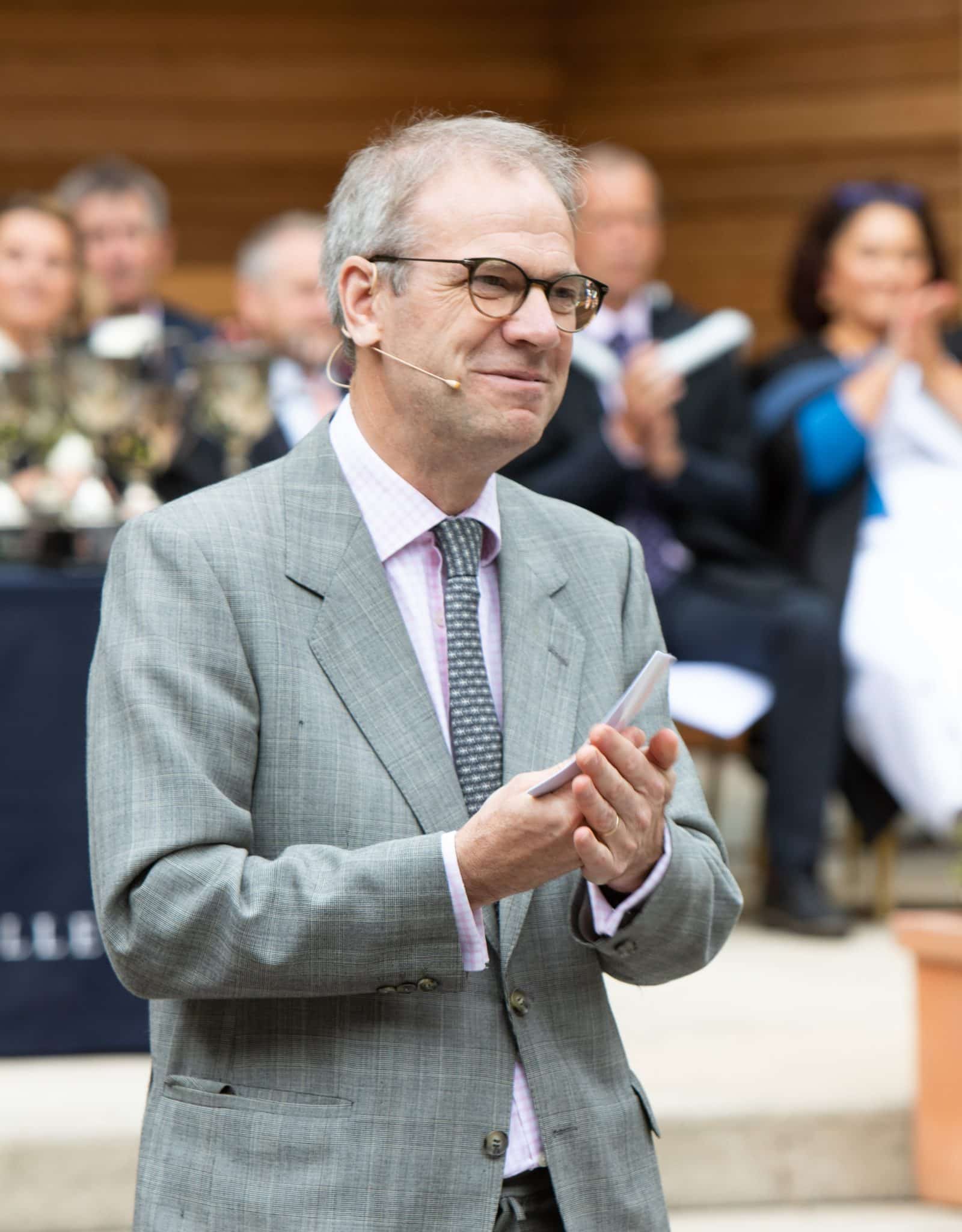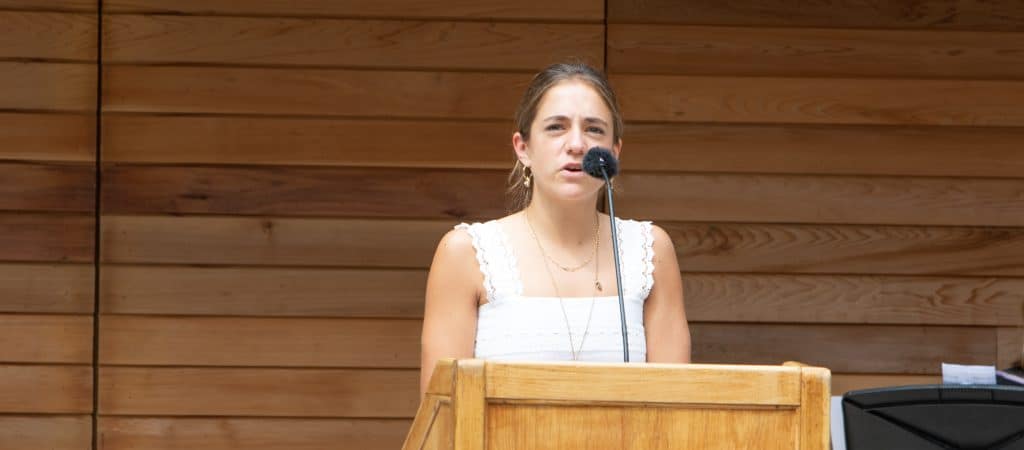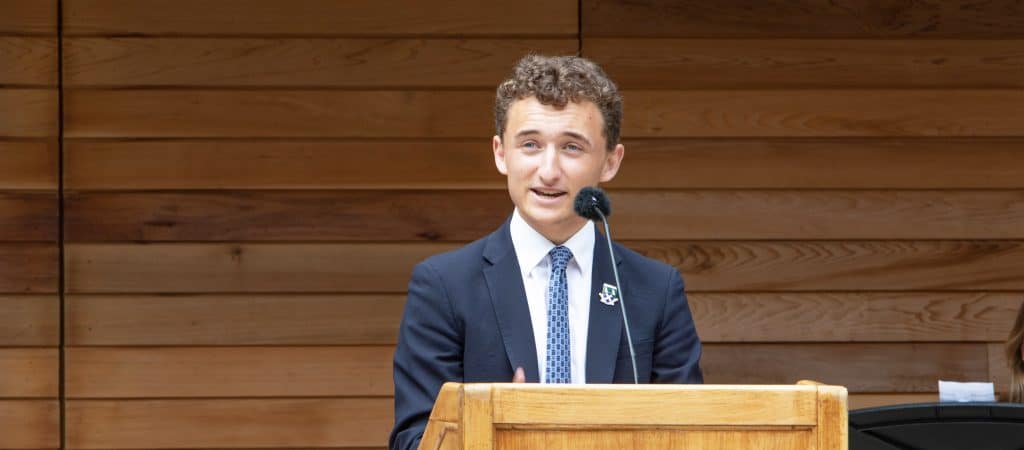Ultimately, despite much common experience, we have all had to find our own way to negotiate the differing challenges of the pandemic. In Bradfield, the remarkable efforts of staff, pupils and parents enabled academic, co-curricular and pastoral activity to continue throughout lockdown and subsequent COVID constrictions. There was nothing, however, to match the pleasure of collective performance in front of a live audience.
The regeneration of such activity and the heights to which many of our pupils have risen over the course of this year testify to their resilience, to their talent and to their optimism. In one of my lockdown recordings I quoted the Dalai Lama saying: “Choose to be optimistic. It feels better.” That mindset is much easier to maintain when you are surrounded by enthusiastic young people.
Already this year we have celebrated pupil success in gaining offers at Oxbridge, at medical schools, and from prestigious overseas universities, alongside impressive EPQs and Extended Essays, and top performances in Olympiads and national competitions for Maths, Physics, Medicine and Film.
St Andrew’s Church, where work is now fully underway, will offer our pupils an inspirational environment for the pursuit of knowledge. This learning centre will further enhance the life of the mind at Bradfield, fostering strong individual and collaborative working habits and setting our pupils up even better for university and the workplace. We are deeply grateful to the donors who have already very generously supported this project.
Throughout two years of upheaval that have encompassed not just a pandemic but also the murder of George Floyd, the Everyone’s Invited – MeToo moment for schools, and now the devastating war in Ukraine and a sharp economic downturn, our pupils have demonstrated an admirable capacity for empathy and for inclusion.
This generation does not just tolerate difference but embraces it and celebrates it. In the words of the late Jonathan Sachs, they recognise that “People not like us are just people. Like us. And it’s the people not like us who make us grow.”
Over the last twelve months, in the History of Art exhibition of black art, in the JCR mental health film (watch below), in House and College forum discussions, in the uplifting examples of the inaugural TIB talks, and in speech after speech from Senior pupils to visitors on Saturday mornings, there have been opportunities to witness the mature and reflective response of this impressive generation to their challenging times.
The regeneration of school life has been evident throughout a vintage year of College sport. The double-winning exploits of our outstanding boys’ football team are but the tip of an iceberg that includes: National Cup hockey, cricket and tennis quarters, semis and finals appearances for boys’ and girls’ teams; international honours for two pupils in hockey, four in shooting, and one in rowing; national honours for one swimmer, ten footballers and a tennis player; county honours for some 21 cricketers; and professional opportunities for two footballers.
It has been said that sports do not build character; they reveal it. I believe that they do both, and that the development of character is integral to our broad co-curricular programme. The qualities developed through community service are particularly important. The variety of such endeavours this year is humbling. Pupils have, for example: been trained in peer mentoring and supported local schools with mental health initiatives; helped at the Powerhouse Games and the Carwarden Olympics for young people with disabilities and complex needs; walked, baked, run and more for numerous charities; acted as reading buddies for primary school children; and helped Restless Development triathlons raise over a million pounds for girls’ education in Sierra Leone.






